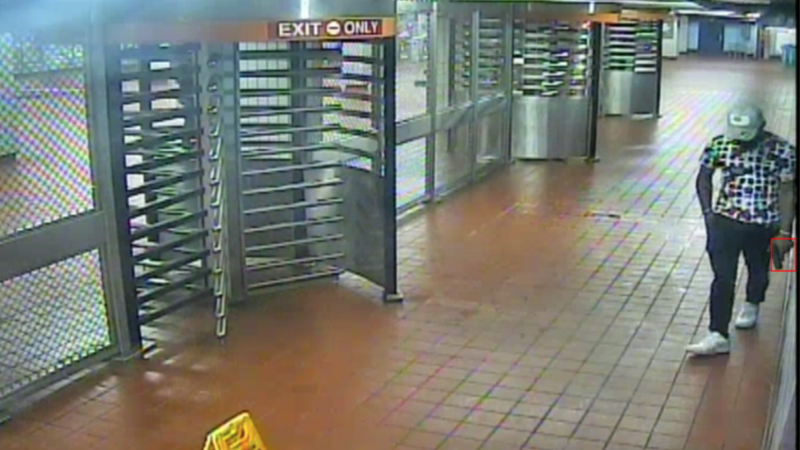
PHILADELPHIA (KYW Newsradio) — Amid a rash of gun crimes, SEPTA has ended a pilot program that used artificial intelligence to detect guns on the system.
Without fanfare, the 10-month pilot program with the Conshohocken-based firm ZeroEyes ended in December. ZeroEyes used artificial intelligence to scan real-time security camera feeds to alert police about people with guns.
SEPTA spokesperson Andrew Busch said only a few guns were spotted during the pilot, which monitored 300 analog and digital cameras on the Broad Street and Market-Frankford lines.
“What we decided was that it wasn’t the right fit for SEPTA police at this time,” Busch said. “There were only a few instances that we saw where the system alerted police to someone with a firearm.”
Sam Alaimo, ZeroEyes co-founder and chief revenue officer, said SEPTA’s mostly analog cameras were largely incompatible with the AI software.
“They’re very old. They’re ineffective. They’re grainy,” Alaimo said. “We built a cutting-edge AI technology to leverage digital cameras, which most institutions have nowadays.”
Alaimo said ZeroEyes’ software is being used at schools, colleges, and federal and commercial facilities in 40 states.
“Our new technology simply does not work well on old security cameras,” he added, “so neither SEPTA nor us [sic] were satisfied with our performance.”
Busch said SEPTA did a blind test with plainclothes officers carrying guns. The transit agency tested 20 digital cameras and 20 analog cameras that were part of the program, but the cameras didn’t detect the armed officers.
Alaimo said SEPTA asked ZeroEyes to figure out a way to use the AI software on the transit agency’s existing cameras. “SEPTA was adamant that they wanted us to function on the analog cameras,” he said. “While we became slightly better, it was still a degraded performance that we were not comfortable deploying on, and SEPTA was not comfortable deploying on.”
From SEPTA’s standpoint, Busch said it’s not a matter of analog versus digital. “Because we do have a mix” of cameras, he said. “We’ve been bringing cameras online for well over a decade.”
SEPTA received a $5 million state grant to be used for the ZeroEyes program. The firm approached SEPTA about using some of that money to replace more of its analog cameras with digital ones, but “that was not an acceptable solution,” Alaimo said.
Instead, SEPTA is asking the state to reallocate $2 million of the grant for camera upgrades and another $2 million for police overtime related to a separate technology that SEPTA may pursue, Busch said.
SEPTA’s Virtual Patrol Unit, which uses retired police officers to monitor live video feeds from its 31,000 cameras, has helped make arrests in several recent high-profile crimes, Busch noted, including the stabbing death of a Center City Macy’s guard in December 2023.
